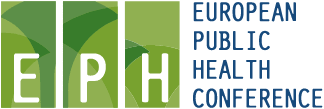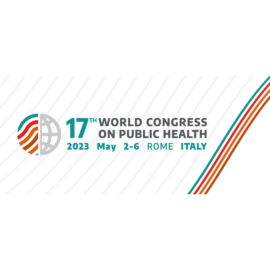
The COVID-19 pandemic has revealed the strengths and the weaknesses of health care systems everywhere.1 Between the 9th and 12th November 2022, the public health community will convene in Berlin, at the 15th European Public Health Conference, to ask how we can learn the lessons and ensure that our systems are prepared for whatever the future may hold.
Of course, we aren’t the first to do this. In 2008 European governments met in Tallinn, Estonia, to agree the Tallinn Charter.2 This set out the importance of policies that would create a virtuous circle in which progress in ‘Health systems, Health and Wealth’ mutually reinforced each other. Seven years later, in 2015 world leaders committed to the 2030 Agenda for Sustainable Development, a blueprint for peace and prosperity for people and the planet.3 In 2018 European leaders were back in Tallinn where they committed to policies for health systems that would ‘include, invest, and innovate’.4 Moreover, in 2021, the Pan European Commission on Health and Sustainable Development, chaired by former Italian Prime Minister Mario Monti, set out a series of recommendations to enhance preparedness in the face of future threats to health.5
However, we need to do more to operationalize the recommendations ideas in these reports, designing, implementing, and evaluating health policies that respond to the many challenges we face. Here, in the Berlin Statement 2022, we set out a series of principles that should underpin our actions.
The EPH Conference and its partners, EUPHA, and national public health associations from across Europe call on European leaders to:



